In the midst of this lonely pandemic, many artists and writers like me are feeling a lack of appreciation for our effort and accomplishments. Most of us have faced great disappointments with cancellations of our cherished events, sluggish sales, and a lack of interest by our peers or audiences about our beloved pursuits. We might feel left out and abandoned as the world swirls around us in chaos. We may have lost jobs, contracts, businesses, homes, and dreams. We haven’t been able to celebrate important events such as live performances on stage, launching our new albums, meeting readers at our book-signings, dancing or singing at festivals, displaying our art at lively gallery openings. It is painful and lonely not being able to share our passions in person.
Dedicated to our craft, being serious as a writer or artist has always been grueling and lonely–but the fallout from COVID-19 has been a killer.
And now, approaching the holiday season, we might be fighting off the loneliness of living on screens, Zooming every day for weeks and months, trying to find ways to offer comfort and warmth to our loved ones—let alone our audiences. But we’re not hardwired to share our affection and talents exclusively on screens for the long haul. The “little things that say a lot” disappear on screen. Our appreciation is harder to share, both as the sender and receiver.
According to the Oxford English dictionary, appreciation means: “recognition and enjoyment of the good qualities of someone or something.” If we let the meaning of appreciation sink in and see how our “good qualities” need to be recognized, we can understand how feeling unappreciated by others can wear away our sense of worth over the many weeks and months as this pandemic continues. In short, this lack of appreciation makes us feel more insecure because we are missing the reassurance and validation that supporting one another can give us.
I believe what most complicates our collective pandemic loneliness is that we don’t feel valued for all our hard work at holding up. It seems no one notices how resourceful, clever, brave, creative, kind, or decent we have been to survive. We are lost in one big shuffle. We are all tired of wearing “the big pants” and “taking the high road” when we just want to scream. Because everyone is so busy just trying to survive, who stops to thank us or praise us for our effort, our accomplishments, our creations, our caring? If we live alone, we might not have the people around in person to hug us and hold us when we accomplish something major like the release of our shiny new book. We wonder if we even matter at all. But beyond our own loneliness, people around the world are suffering in silence in all ways imaginable—through illness, grief, poverty, isolation. Tragically, nightmarishly, hundreds of thousands of deaths are seen only as numbers and statistics stacking up on screens. Against this grim backdrop, we might not allow feeling “sorry for ourselves” and admit that we do feel unappreciated, unvalued, invisible.
But not allowing ourselves to feel our true feelings only makes us lonelier. It does matter when we don’t seem to matter to others. It does mean something when we feel meaningless to others, especially when our creations as artists and writers are not reaching the people we love.
And in my case, as the author of a book that was released this year (March 26), I have a tale to tell about not feeling appreciated and falling into a depression. At first, I didn’t allow “feeling sorry for myself” for several months, specifically between March and July, when I worked tirelessly on my book’s promotional campaign. The pandemic had derailed my goals of sharing my book with the world, and I was bucking up, rolling up my sleeves, and maneuvering through curveball after curveball, showing up on radio shows and podcasts and writing dozens of articles. My teaching and speaking business was decimated. I didn’t have the time or luxury to feel sorry for myself while pushing to launch a book from the empty and understaffed warehouses of a hundred booksellers in March. And then, by the end of the summer, it hit me: I was paralyzed with grief and a terrible sense of meaninglessness–though it appeared on social media that other artists and writers all across the world were suffering the very same misery.
My only comfort was the compassionate admission that we were all muddling through this pandemic together and there was no shame in naming our grief. It was certainly much more than self-pity. It was a collective sense of not mattering: Weddings, anniversaries, birthdays, graduations, concerts, ceremonies, funerals, book signings, reveal parties, sports events—cancelled. Boom.
It is painful because we yearn to share our deepest, most soulful parts of ourselves with others through our passion. Of course, we understand why our events are canceled, overlooked, and undervalued in these pandemic times, but still, what can we do with our feelings? It’s not that we simply want lots of adulation, praise, fame, or pity—we just want to share the best of ourselves with others and make just enough money to keep going.
I would like to offer a few suggestions for facing feelings of being unappreciated and invisible in these times. As a former rehabilitation counselor for twenty years, and as a writer/creative, I have discovered a few healing solutions. To fight my own depression and loneliness, I have put these solutions to the test, and they have worked to various degrees. Here they are:
- First and foremost, confide in a friend, mentor, or therapist if you are outraged, lonely, or disappointed. It’s perfectly natural this year to feel bitter or abandoned as a writer, artist, musician, creative, or even as a business owner. We need to be heard and validated. And if possible, we can provide supportive listening and validation to our friend or confidant who is bravely opening up with you.
- Even better, reach out to fellow artists, writers, or creatives and ask them how their 2020 has been going—and you will probably be at least commiserating and hopefully problem-solving. They will appreciate that you appreciate them and care enough to listen. Join a group for creative types and share your story, thoughts, photos, or music. You can find a companion who understands, but it will take time to build a relationship with online chats and/or phone calls. Give it at least a few months. Relationships take time to build, even though “connections” happen quickly. We need to invest our time and patience, and regularly show up. But one thing is certain: COVID-19 has a way of getting conversations going—a kind of icebreaker—to build relationships around what we all have in common.
- Offer your programs or your creations online, and as Zoom or Skype gatherings where you can meet people who identify with your predicament. I recently offered a class about the topic of my book (400 Friends and No One to Call) to a spiritual group (IANDS, International Association of Near Death Studies) and discussed building a Boston-based spiritual community online. I made a couple of new friends who were interested in spiritual topics such as dream interpretation and experiences of awe and wonder in nature. Our heart-felt discussion encouraged some participants to read my book (an unexpected bonus) although their warmth and compassion was more than fulfilling.
- You might start your own support group for fellow creatives through a meetup (Meetup.com) or as a Facebook event.
- Volunteer with a group of creatives who have similar passions as yours. Volunteering can be remote and help you meet like-minded people with common values and causes. (www.Volunteermatch.org)
- Join business networking groups, especially for self-employed people and entrepreneurs. You can usually meet creative types easily at these events. Even though I was starving to find other established writers, I did find a fun meetup for business entrepreneurs and self-employed consultants who were very interested in my writing projects and brainstormed on ways to build a community for surviving post-pandemic issues.
In short, we need to be proactive. Reach out, even when all seems lost in 2020. It’s very easy to fall into the trap of believing that we don’t matter in these pandemic times—or that nothing matters—but if we care enough to check in with others in similar ordeals, we won’t go down in that downward spiral of isolation.
We must reach out even if we are devastated or outraged at humanity. I have lived this truth alongside thousands of writers and artists. And I hope my writing touches someone who has felt the same way this painful year.
Image: Photography PEXELS, Juan Pablo
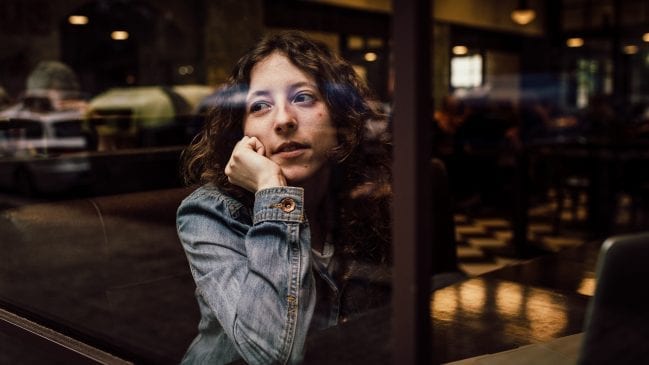
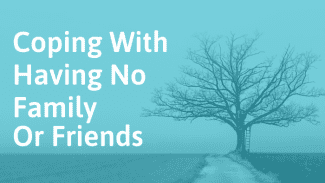
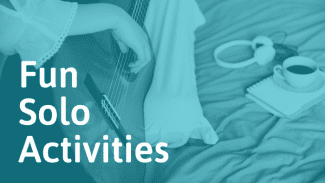
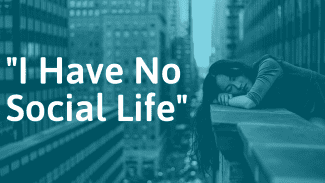
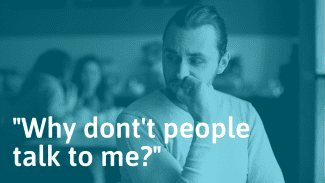
Your blog about feeling unappreciated resonated deeply. As an artist and writer, your words capture the essence of creative struggles. Keep expressing your truth—it’s valuable and inspiring!
Your professionalism and dedication to continuous improvement are admirable. Thank you for setting a high standard and leading by example. Your efforts do not go unnoticed.